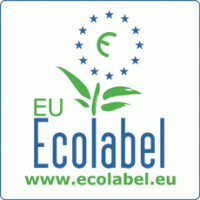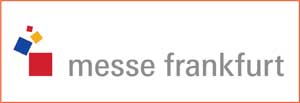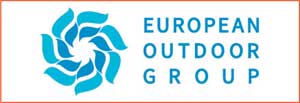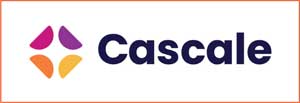The European Ecolabel system allows the products of manufacturers, retailers or service providers to carry the distinctive ‘Flower’ label for marketing purposes throughout the 27 Member States of the EU.
It is often complicated for small and medium sized businesses to completely comply with environmental legislation and have a comprehensive vision of short and long term benefits for their activities. In this respect, the European Commission has developed a set of tools and platforms aimed at providing specific assistance and information to the needs of SMEs.
In December 2019 the EU presented the European Green Deal, as it strives to make Europe the first climate-neutral continent by 2050.
The initiative aims to transform the EU into a modern, resource-efficient, and competitive economy, ensuring no net emissions of greenhouse gases by 2050 and hopes to decouple economic growth in Europe from resource use.
In July 2023, the European Commission unveiled its proposals to introduce a mandatory extended producer responsibility (EPR) scheme for textiles in all member states in line with the EU Strategy for Sustainable and Circular Textiles.
Currently, France is the only EPR scheme active in the European Union that covers textiles.
In July 2023, the European Commission unveiled its proposals to introduce a mandatory extended producer responsibility (EPR) scheme for textiles in all member states in line with the EU Strategy for Sustainable and Circular Textiles.
Currently, France is the only EPR scheme active in the European Union that covers textiles.
The EU Forced Labour Regulation is a new law that aims to prohibit products made with forced labour from being sold in or exported from the European Union market.








